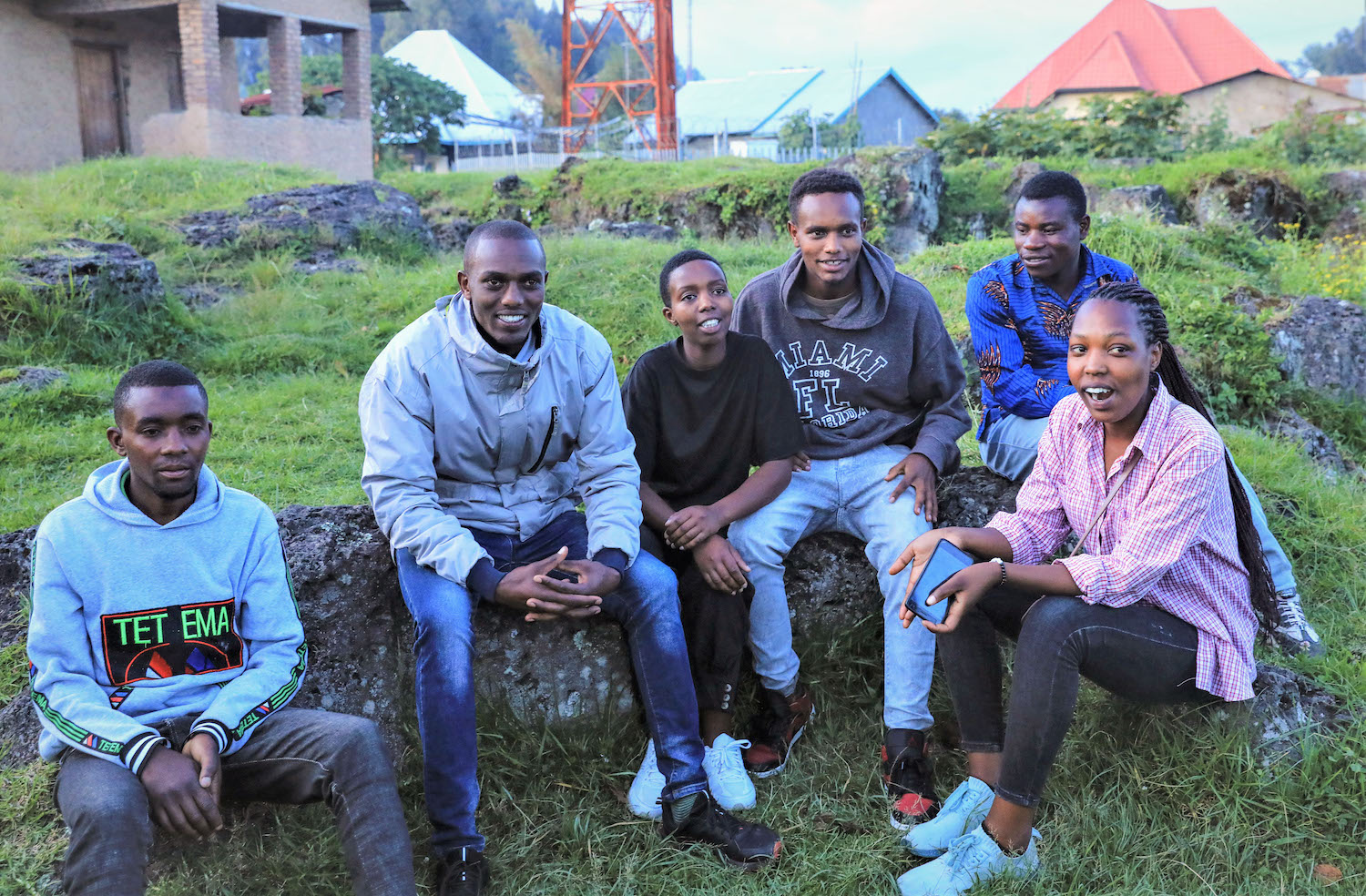Addressing mental health issues among young people in Rwanda
The 2018 Rwanda Mental Health Survey conducted by the Rwanda Biomedical Centre (RBC) highlighted that the trauma from the Genocide committed against the Tutsi is transmitted from parents to children, including those born after that tragic period. The study has revealed that 27.4% of young Rwandans aged between 14 and 25 suffer from some psychological disorders, including trauma, depression, anxiety, fear, and social isolation. Yet, a few specialists and practitioners are focusing on child and adolescent mental health in the country.
Julien Ishimwe, 20, experienced deep trauma and social isolation for over 15 years. His parents are both survivors of the Genocide. During the annual Genocide commemoration period that usually lasts three months from the 7th of April, he could see his parents’ mental well-being affected by the worst memories of the atrocities they experienced. Growing up, Ishimwe developed hatred and resentment against genocide perpetrators and their descendants. He would not socialise with them as he considered them the worst enemies.
“I hated them so much, as I imagined they were the cause of my parents’ suffering. It was hurting me to see how my parents have suffered the consequences of the Genocide,” narrates Julien, who adds, “I felt a lot of anger when I saw how children of Genocide perpetrators are happy with their grandparents, uncles, and aunties, while I don’t even know how mine looked like,” deplored Ishimwe.

His trauma also affected his school performance. In class, he would avoid as much as he could sitting alongside or playing with someone he suspected was a descendant of a Genocide perpetrator. “I was obliged to attend school because my parents forced me to. I felt discouraged to study when I looked around and noticed that descendants of genocide perpetrators outnumber us. I feared they would kill me as their parents killed my grandparents.” He added, “I had lost my self-esteem and thinking that after graduation, they would get a better job than me.”
Charlotte Mukanyindo, Ishimwe’s mother, worried much about her son, who liked to isolate himself from his siblings. “He would barely talk to us or play with his siblings. He was always angry and bitter. That was a shock to me seeing how my son is suffering, yet I didn’t know how to help him,” she explained.
Ishimwe started the healing journey when he joined one of the Sociotherapy groups created in Mukamira Sector, Nyabihu District, Western Province, as part of Interpeace’s holistic peacebuilding and societal healing programme present in five districts, namely Nyabihu, Musanze, Nyamagabe, Ngoma and Nyagatare. With financial support from the Government of Sweden and implemented with local partners: Haguruka, Prison Fellowship Rwanda and Dignity in Detention, the programme addresses mental health issues, promotes social cohesion, supports psychological rehabilitation and reintegration of prisoners and improves livelihoods.
The group Ishimwe joined brought together young people from both families of Genocide survivors and Genocide perpetrators to encourage them to engage in discussion about the history and the Genocide and help each other to heal.
The youth-only sociotherapy healing group enabled Ishimwe to heal, overcome hatred and develop strong bonds with those he once hated. “Today, I feel happy and at ease with everyone, including those I hated. Today, many of my friends are descendants of genocide perpetrators. Thanks to Sociotherapy healing dialogues, I learnt that I should not judge them by the crimes of their parents. Through sharing testimonies and life experiences, I discovered they have also suffered trauma, shame, and guilt over their parents’ crimes. The only way to overcome this is to develop friendship and build our future together,” he explains.
Ishimwe has regained interest in pursuing his studies. As he awaits to join university, he has started to take technical and vocational skills courses. His mother, Mukanyindo, could not believe how Ishimwe had changed for the better. “It is a miracle. I could not believe how he had become friendly and sociable and willing to take up any economic activity.”
Ishimwe is among 327 young people from families of genocide survivors and genocide perpetrators who graduated from Sociotherapy Healing Dialogues in June 2023. The community-based healing groups stimulate mutual healing and create a solid foundation for reconciliation. Since the inception of the societal healing programme in October 2020, more than 3450 young people have been reached.
The programme also works with the Ministry of Health through Rwanda Biomedical Centre (RBC) to strengthen the national mental health system by training mental health professionals and providing equipment which enables them to reach communities in remote areas.

